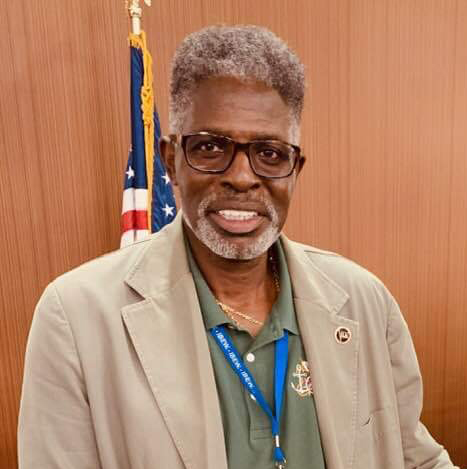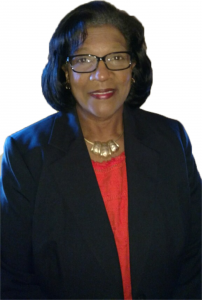Gov. Henry McMaster’s accelerateSC task force released its final report today, a day after Covid-19 deaths peaked in South Carolina. The rush to reopen businesses here concerns leaders of organizations advocating for the rights of workers, whose voices were missing from the task force. They worry that employees are being sacrificed for the economy that they sustain.

SC AFL-CIO President Charles Brave Jr. said none of the $1.9 billion in federal Covid-19 relief funds will be directed to provide protective equipment for those being forced back to work, nor is there a recommendation that employers be required to follow CDC guidelines on protective measures. Brave’s office sent letters to the governor, the House Speaker, and the Senate Minority Leader offering to serve as the voice for workers on the task force. “I never heard back from any of them,” he said.
The SC AFL-CIO represents the interests of union and nonunion workers in South Carolina. Brave wants to be sure that their health is a primary consideration in the drive to reopen South Carolina businesses. “If getting South Carolina back to work is as essential as the governor claims, there must be funds to protect workers,” he said, noting that nobody on the task force risks being fired for refusing to put themselves or their families at risk.

State government has historically placed profit over public health, said Brett Bursey, director of the SC Progressive Network. “Rather than making worker safety a priority, the legislature is rushing to pass a bill to protect corporations from any liability resulting from Covid-related deaths of their workers.”
Members of the task force representing corporate interests supported legislation to prohibit local governments from establishing sick leave benefits for workers. In 2017, Gov. McMaster signed a bill adding the prohibition of local sick leave ordinances to an earlier law prohibiting a higher minimum wage.
“In 2014, restaurant workers testified in legislative hearings that employees were being fired for not coming to work sick,” Bursey said. “The bill we supported (S-906) called for 40 hours of earned paid sick leave for large companies, and earned unpaid sick leave for small ones.”
Efforts to pass even modest laws to prevent sick workers from being fired for not going to work never have made it out of legislative subcommittee.

SC NAACP President Brenda Murphy has been helping NAACP units around the state cut through the confusion and misinformation surrounding the pandemic. “Disproportionately, we’re already seeing injustices that must be addressed before they worsen and cause further damage within the African American communities,” she said. “Our state and local governments must ensure necessary policies, practices, and testing of all citizens, and ensuring proper Personal Protective Equipment (PPE) for health professionals and workers at risk. We must see that needed information, training, resources, and care are available equitably, and reach people in all communities.”
According to a May 20 CDC report, a majority of South Carolina’s Covid-19 deaths are in the state’s minority-black population. “More of us are dying because more of us have been denied adequate health care,” Murphy said. “This pandemic provides evidence that our communities are still separate and unequal.”
While it defies logic, local minimum wage, sick leave, and any employee benefits are banned by law in SC (SC Code of Law: Sect. 41-1-25). Bursey said, “If you trust our state government to protect workers’ health, safety, or wages, then you aren’t paying attention.” If you had any doubt, just look at the task force, where the strongest lobbies against any employee benefits are represented, while workers are not.
